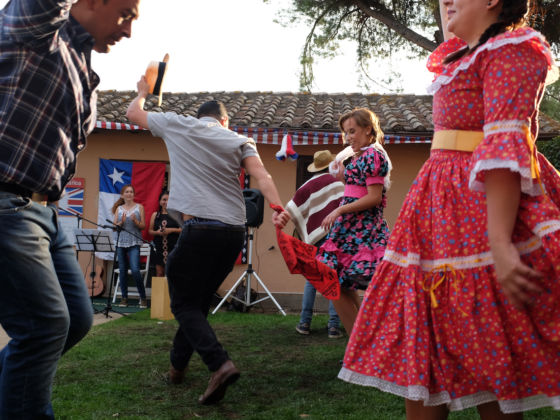Wilderness
Chile is home to some of the longest stretches of pristine wilderness anywhere in the world. From the Atacama desert to the rivers of Patagonia, the massive glaciers of Tierra del Fuego to the long Pacific coastline, Chile is full of natural wonders that make for world-class outdoor adventuring.
